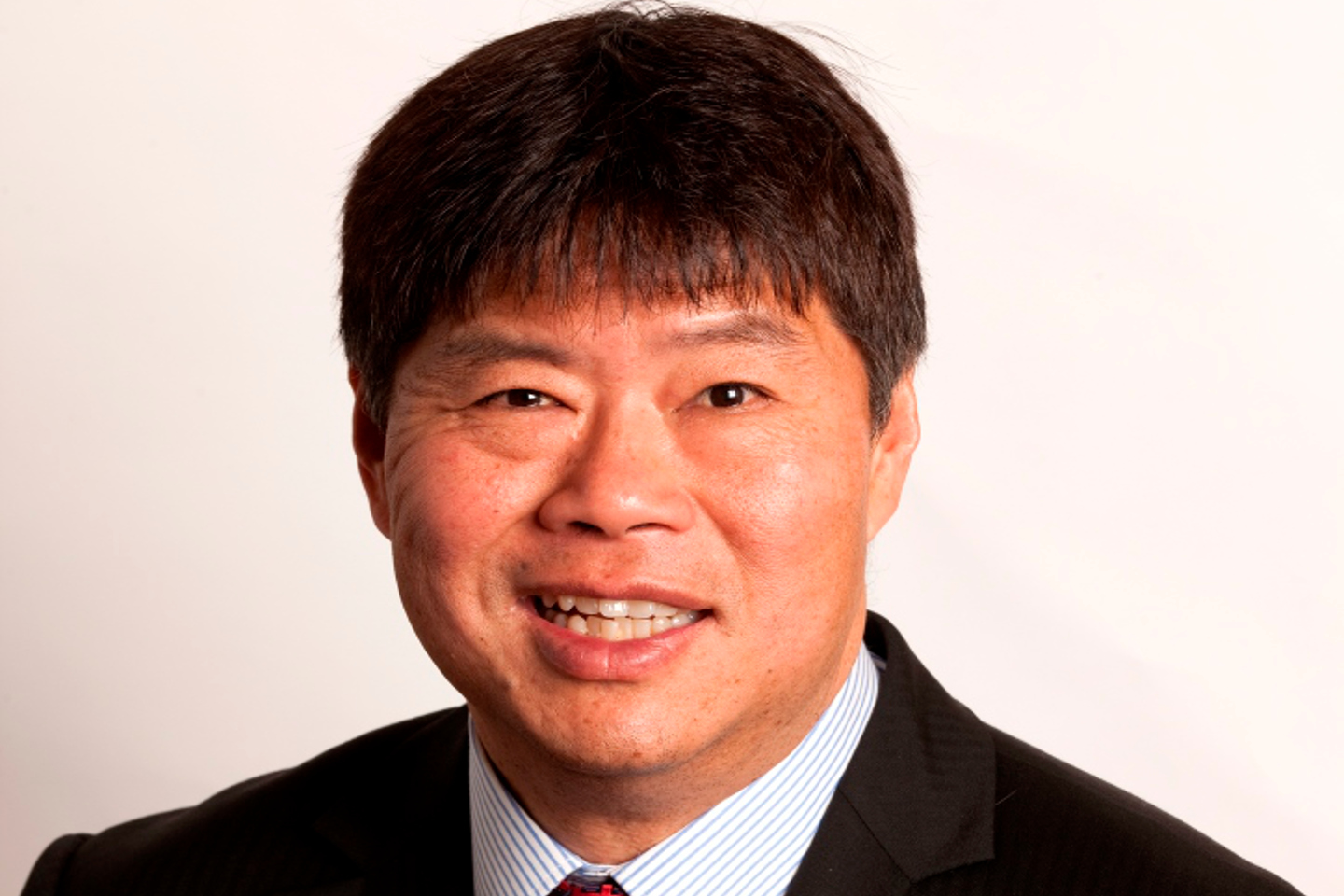Business
Significant changes at Altech

A day after announcing that the final engineering design for its next-generation battery system had been completed, several key personnel have resigned from Altech Batteries.










